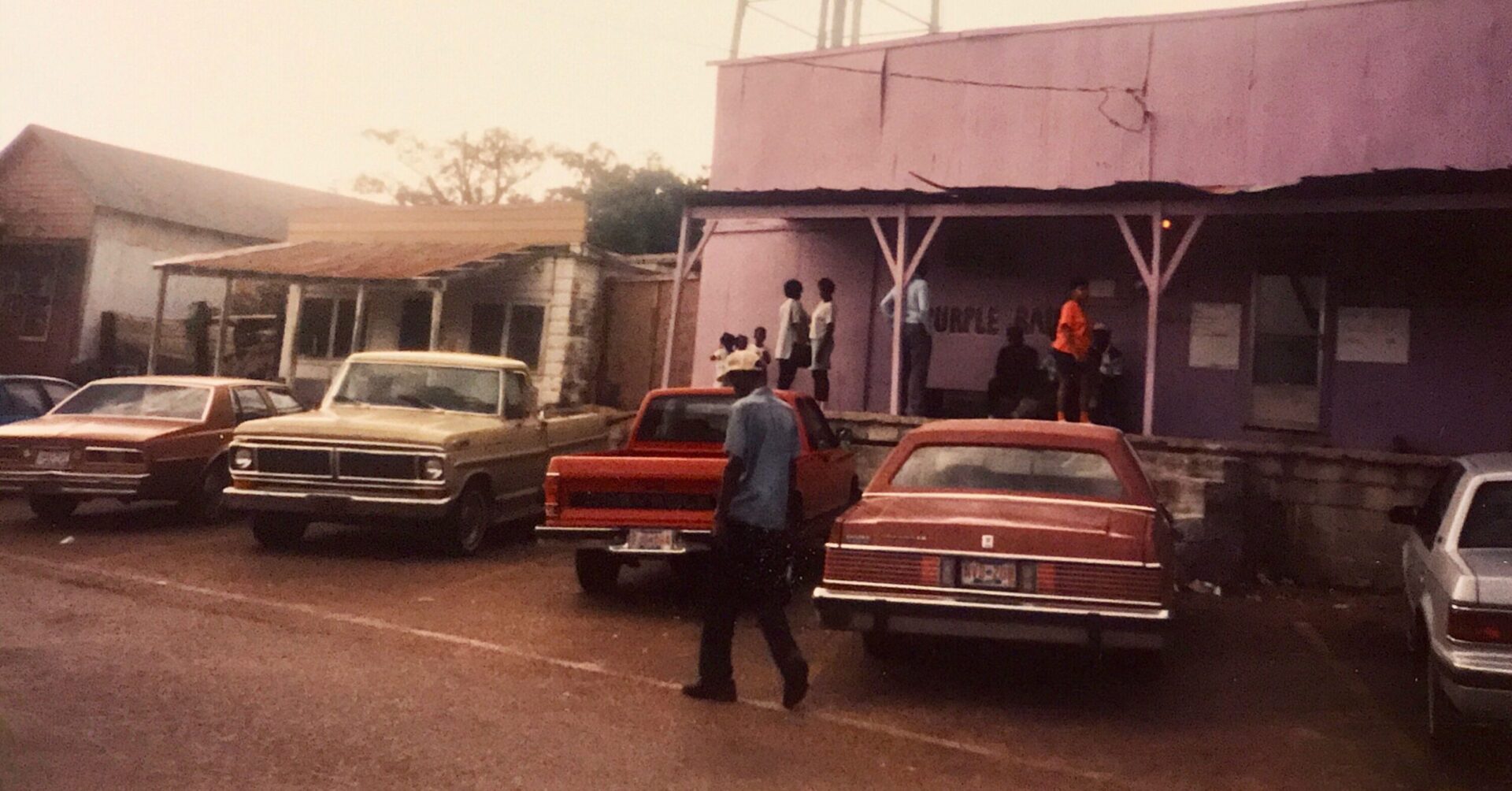
In the American mind, the South often brings up images of military struggle or racial struggle, but rarely that of class struggle. Yet, in his debut album The Long Way Home, Mobile, Alabama rapper Sonny Bama has become the voice for the South’s dispossessed working class, continuing the legacy of left-leaning Southern populists like Big Jim Folsom and Huey Long and invoking the culture of Alabama’s Gulf Coast. While the country/rap fusion has been around long enough to develop certain cliches of its own, Bama skillfully avoids most of them, and even on the most typical “country rap” track “The Bottom”, you can tell that he knows his folks and that he means every word. Other songs venture into soul and funk territory like the sad and mellow “Anyway” featuring Gregg Fells on vocals or the more-up-tempo “Ain’t No Use”. “On My Own”, which describes a battle with alcohol and features singer and guitarist Wes Bayliss is more of a country ballad, as is the pleading “Jonna Lee” featuring Memphis rap icon Lil Wyte, while the single “Let Go” featuring Nashville rapper Jelly Roll is rock, but the one thing that unifies most of the record is its stark and somber mood and its emphasis on change, whether political and economic, or a man’s promise of better days to his woman. Even the album’s main anthem of defiance “UnPhased” contains the lines “I’ve seen trouble all my days.” Aside from the descriptive “The Bottom”, the only other ray of sunshine occurs in the determined closer “Today”, which contains a self-affirming message. With The Long Way Home, Sonny Bama has reminded the world of the South’s other struggle, calling for change while at once expressing his pride at who he is and where he’s from, reclaiming what it means to be Southern from the usual assumptions and prejudices.
Founded 1963 Relaunched 2019. The Postmodern South.
